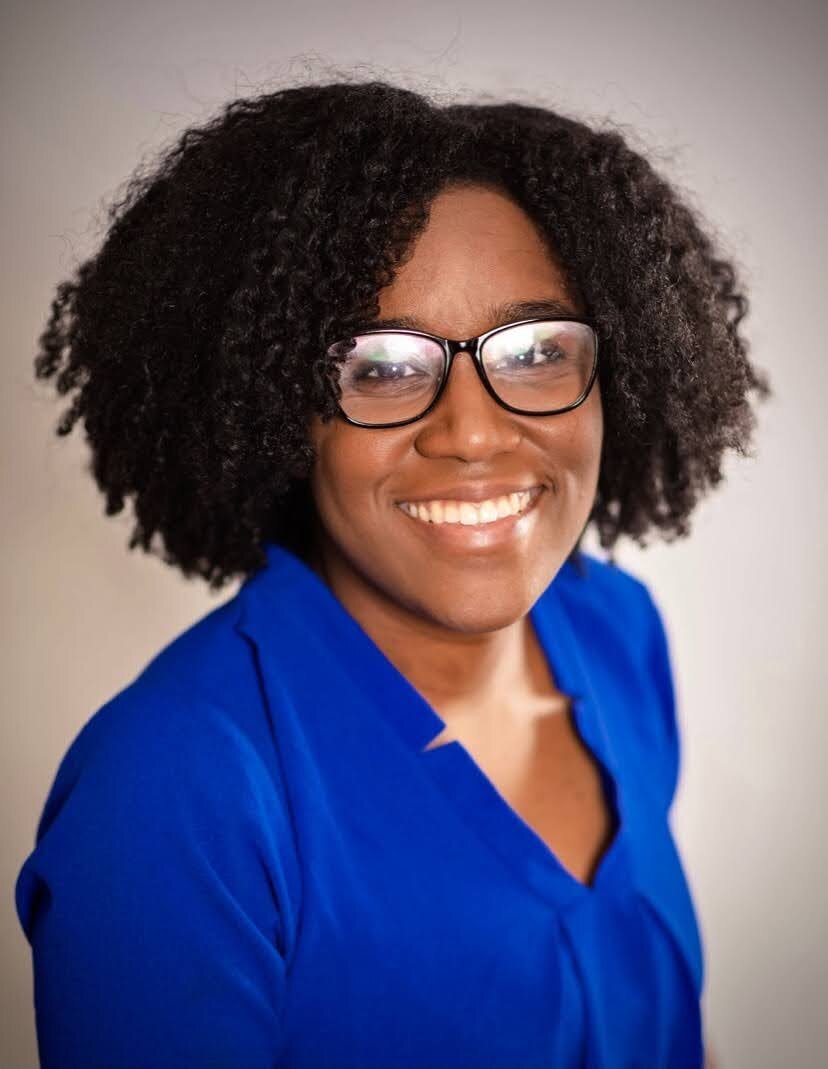Jamie SaintPaul graduated from Quinnipiac University School of Law in 2020 with a concentration in Civil Advocacy and Dispute Resolution with honors. Her decision to attend law school started early in childhood. This longstanding interest led her to enroll in Quinnipiac University’s 3+3 BA/JD Program, where she majored in Legal Studies. It was during her undergraduate studies that she was first introduced and drawn to alternative dispute resolution, specifically mediation. Prior to law school, she interned and worked as a Legal Assistant at Integrated Refugee & Immigrant Services (IRIS) in New Haven.
During her time at Quinnipiac Law, she gained experience in various practice areas including immigration, employment, family law, and special education through internships and externships at local non-profit organizations and law firms. However, she was brought back to her first love of mediation when an opportunity to complete an externship with the QU CHRO Mediation Project. Through this project and Quinnipiac Law’s 40-Hour Mediation Training, she started the process of cultivating her mediation skills.
Since graduating from Quinnipiac Law, she has worked with Quinnipiac's Homelessness Mitigation Mediation Project as a Mediation Fellow. Through this work, she saw first hand the impact that mediation could have on rebuilding tenant and landlord relationships. Recently, she has started working as a Mediation Specialist Trainee for the Connecticut Judicial Branch, focusing on housing cases. During her short time in this position, she has been able to apply many of the skills she acquired during her time at Quinnipiac. She will also be serving on the next Executive Committee of the Connecticut Bar Association’s Alternate Dispute Resolution Section.
She encourages any students interested in dispute resolution not to limit their idea of what the practice of law can look like. Through classes, trainings, and other experiences, you expose yourself to practice areas that you may not have known of or would not have considered. The worse case scenario is you find yourself uninterested in it, but you still can take all of the skills that you learned into your future career. There is always a need for attorneys who are able to approach conflict in a collaborative way, so she definitely recommends incorporating alternative dispute resolution into your law school experience.

